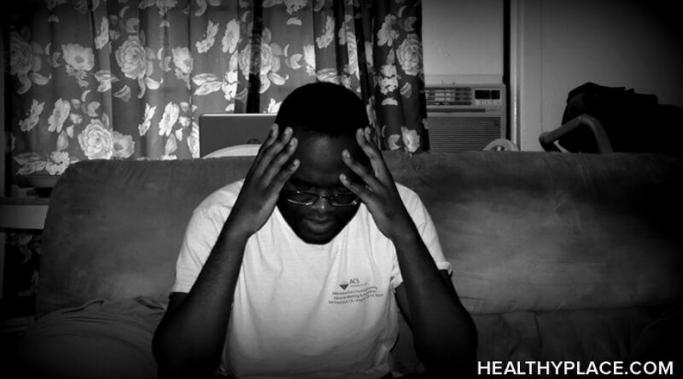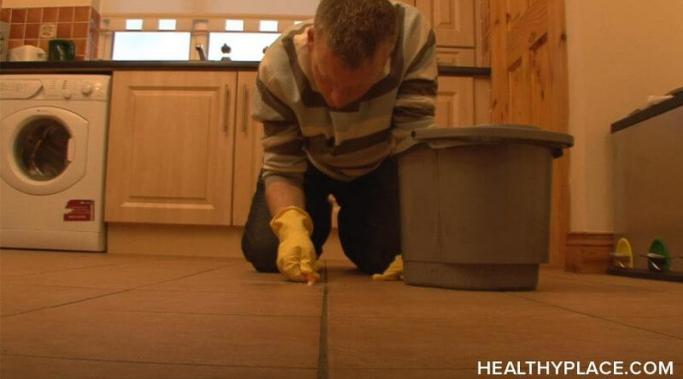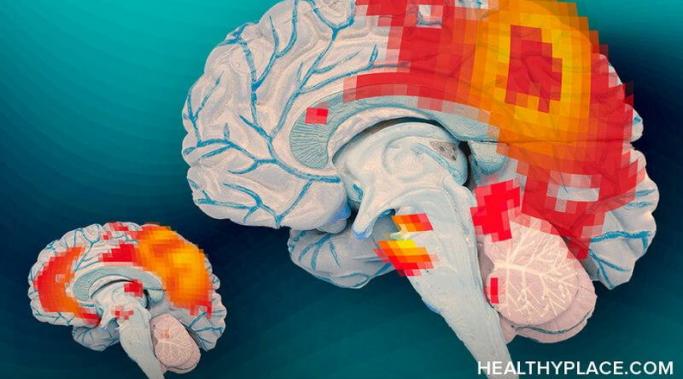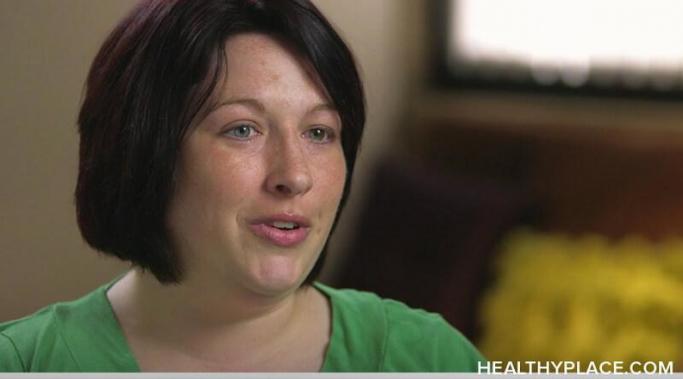Heather McCready, experienced days filled with "desperate sadness and intense darkness" and was diagnosed with depression and bipolar disorder and then hospitalized for mania and suicidal depression. Ms. McCready's voyage through mental illness deprived her of her creative abilities for six years. Finally, after all medicines failed, she underwent electroconvulsive therapy (ECT) and now enjoys fewer dark days.
Bipolar Disorder – TV Show Blog
There are about as many men with bipolar disorder as there are women. But is living with bipolar disorder essentially the same for men as it is for women? And what about the relationship between race and mental illness? Though the illness is the same, gender and race may shape life with bipolar disorder in profound ways that most of us have never even considered.
Kate White writes about what living with anxiety is like. Natasha Tracy shares her experiences with bipolar disorder. New HealthyPlace blogger Jack Smith writes about life with depression. And last year Rachel McCarthy James joined us on the HealthyPlace Mental Health TV Show to discuss what living with OCD is like for her. But Craig Ludvigsen can tell us what it's like to have all of those disorders. It's called psychiatric comorbidity - the presence of more than one mental illness in one individual at the same time - and it can be incapacitating.
My son struggles with moderate anxiety from time to time. In turn, I struggle with knowing how best to help him. After speaking with Susan Resko, former Executive Director of The Balanced Mind Foundation, I feel renewed gratitude for my comparatively much smaller-scale parenting struggles. Families raising children with mood disorders have a daunting task, but there is help available.
Some people who find themselves dealing with a mental illness or the illness of a loved one eventually come to a point where they want to pitch in and help the mental health community. Mental health advocacy can feel like a natural progression to some and to others it is surprising or unexpected. No matter how it comes about, it is always remarkable when a person utilizes their challenges in life, like mental illness, to do good in the world. Our guest, Shannon Flynn, does just that as a mental health advocate.
As one of many people living with a depressive illness, I can attest to the crippling nature of depression. But I'm fortunate to have found a depression treatment that works well for me. While I've yet to find a medication or lifestyle change that eradicates major depression or dysthymia from my life altogether, there are drug treatments and lifestyle choices that together provide measurable relief - enough to make a profound difference. Others are not so lucky. Some people have tried medication after medication and have yet to find anything that markedly eases their depression symptoms. These people are living with treatment-resistant depression. What can they do?
As someone with Dissociative Identity Disorder, I'm well aware of the toll living with a mental illness takes on relationships, jobs, and self-esteem. I struggle with things that come easily to many, and seemingly benign things can have a profound impact on my ability to manage the very basics of daily living. Even so, I'm incredibly fortunate.
It seems to me that navigating life with a mental illness is a full-time occupation. Not only that, it can feel awfully futile at times - like Sisyphus ceaselessly rolling his rock up a mountain only to watch it tumble back down again. Employed or not, the 2 million plus Americans with bipolar disorder are certainly working. Marked by shifts between dramatically high and low moods, bipolar disorder is a serious psychiatric condition that can be fatal, particularly during depressive episodes. I suspect that managing the symptoms of bipolar disorder is a job in and of itself.
Amanda_HP
I'm reading the Bipolar Vida blog, and wondering "how much can one person take?" Cristina, admittedly, had a bad childhood which, she says, probably triggered the bipolar disorder she now lives with.
In the months since she started her bipolar blog here at HealthyPlace.com, Cristina has endured depressive episodes, hypomania, and everything else bipolar disorder can bring your way. Yet, in almost every blog post, she mentions that she's doing everything she can to keep her bipolar recovery on track.
Amanda_HP
If you're wondering what it's like living with bipolar disorder, or a serious mental illness, here is one of the most illuminating lines on the subject that I've come across:
"It explores the difference between a sick brain and a mind left trying to cope with it."
It was written by Natasha Tracy, describing the focus of her new Breaking Bipolar blog on HealthyPlace.com.








